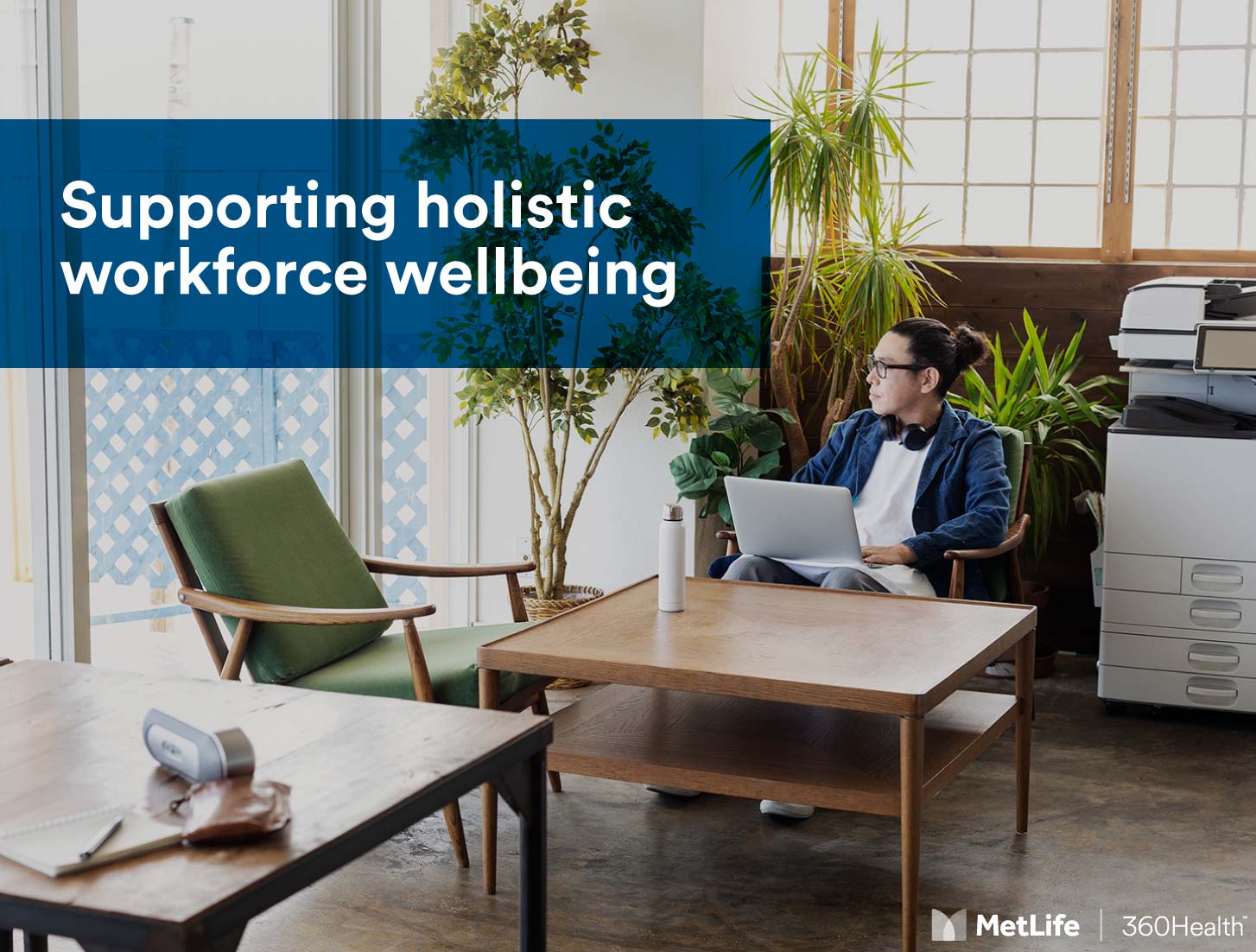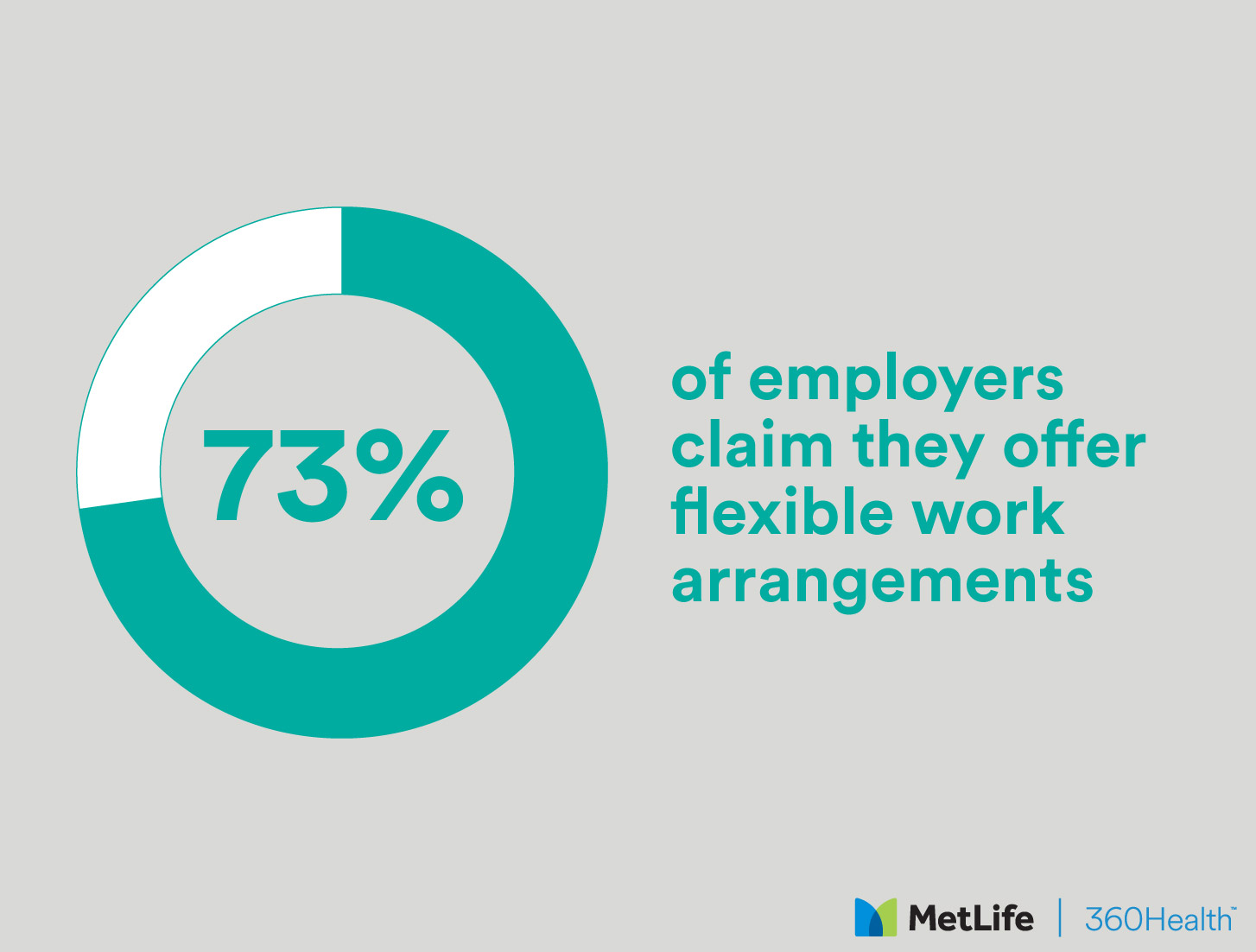
How can we embed an ethical culture in this changing world? Pauline Vamos, Director of the Banking and Finance Oath shares the why and ways to embed ethics into your business.
Many people are talking about the reality of a new COVID-19 world. For many, there is real fear of the unknown economic and social impact. On the other hand, there is a sense that this provides us with an opportunity to keep the best of what has come out of the last few months and not return to the old normal. Arguably, this is an opportunity for us to think differently and embed ethics in our culture in this new world.
While ethics was at the centre of much discussion since the Hayne Royal Commission, it’s not clear that the industry has learnt from the last few years’ exposure of poor conduct and loss of community trust. Instead, we have been busy with the practicalities of customer remediation, regulatory change and, more recently, with our COVID-19 response plans.
Interestingly, while conversations around ethics in financial services has fallen from front pages – ethical conduct more generally has been thrust into the limelight as a result of the pandemic. We’ve seen some companies take advantage of the distressed market by price gouging – enjoying short-term gains but they will likely suffer longer term due to reputational damage. My personal example is that even though I used to go there regularly, I will not go back to the shop that charged me $40 for a bottle of hand sanitiser. However, I will go back to the shop that allowed me to put my name down for up to two bottles and charged transparently with a small administration fee.
The examples don’t stop there. What about poor ethical behaviour by individuals? Think about those toilet paper hoarders and those that did not self-quarantine. I have also been disappointed with people I know who have taken advantage of government handouts when their reduction in income had nothing to do with COVID-19. Closer to home, is it unethical to utilise the early super access opportunity for the wrong reasons? We all fund the generous tax concessions in super.
So how do we make sure we use this time in lockdown to actually change the way we work, live and behave, to secure an ethical new world coming out of COVID-19?
Neville Power the chair of the National COVID-19 Coordination Commission (NCCC) said recently in an interview for Company Director magazine: “This needs to be a reset … it won’t be business as usual. The crisis provides opportunities for businesses to rethink, to be more efficient, more productive and better address the markets they have.”
There is little doubt that in the short term, change will be driven by the need to get the economy going. There are several recognised levers to do this – one such lever is deregulation – both of the market and conduct. If deregulation occurs, we want it to be for the longer term. The only way to stop the pendulum falling back is to embrace effective self-regulation which can only happen if ethics are at the core of how we behave as an industry, as organisations and as individuals.
We now know as organisations we can make rapid change – we did this for COVID-19. This is our opportunity to press the fast forward button on embedding ethical and conduct change within financial services.
Five steps to embedding ethics
Ethics can only be at the core if it is supported by the right culture across the industry and within organisations.
Much has been said about culture. It is a set of shared beliefs, behaviours and ways of doing things. Really, it is “how we do things around here”!
How we do things around here is about behaviour – or conduct culture, which is a subset of culture. Conduct culture is how individuals act when faced with choices or decisions that have ethical dimensions.
Poor conduct culture is when deviant behavior is normalised. We were exposed to many examples of this in the Hayne Royal Commission.
Good conduct culture is where corporate objectives are subordinated to ethical constraints.
To embed an ethical culture in the new world I would propose five steps. These steps come from working for many years within and alongside a number of organisations. There are many experts in this field, these are merely my views.
Step 1: Assess your culture
The first step is to assess the culture of your organisation. A number of methodologies have been developed by experts to do this. For me, when I am looking to join the board of a company, for example, I tend to ask these few questions:
- Are compliance guidelines sometimes deprioritised to meet sales targets?
- How are trade-offs approached between different stakeholders when meeting community expectations?
- Is there a fear of first mover disadvantage?
- Is there an increasing trend of employees leaving within the first 12 months?
Once you understand your culture you can determine what if anything needs changing.
Step 2: Articulate your purpose
The second step is to articulate a purpose that will drive ethical behaviour.
Purpose defines your noble cause. I think a lot of people get confused about purpose – it is not your vision or values. I am chair of a disability services provider. We service many group homes for intellectually disabled people. Our purpose is to enable those we serve to live life with dignity - everything we do centres on that purpose. It effectively drives the way each member of staff behaves. Any organisation can have a noble cause – it does not need to be a charity or a not-for-profit.
MetLife is an insurer in a competitive sector with a global parent. I have been part of the insurance industry for over 30 years and I believe insurance is a noble profession. It is one of oldest and has its history in the great seafarers of the past. Insurance originated from the pooling of risk by the many to help the few in the event of catastrophe. How wonderful is that?
Step 3: Define your behaviour
The third step is to define your behaviours. These must be agreed by everyone and each employee must be empowered to give effect to those expected behaviours.
You will not embed an ethical or good conduct culture by just having a company code of conduct. You achieve this though, if the code is lived, it is part of ongoing training, reinforced in communication and there are penalties for breaches which are enforced. Most importantly it must provide concrete examples that translate into people’s roles. These examples must be of accepted and not accepted behaviours. Link the examples to your purpose and be careful of your language: say “we commit to” not “we strive to meet the highest standards”.
Step 4: Provide ethics training
The fourth step is to train your people on ethical decision-making – mere compliance with the law is just a hygiene factor. Compliance keeps regulators at bay. But a high standard of ethics protects your reputation, instills stakeholder confidence and allows you to keep your most precious resource – your staff.
Ethics is about doing what is right, good and fair. What we ought or should do. Sometimes it is not easy to see an ethical pathway as competing issues must be weighed up. This is where we need to learn to exercise ethical judgement.
The AICD has set out an ethical framework, simplified below:
- The organisational values and purpose is your context
- What is the ethical baseline – that is, what are my duties to my company, my colleagues and the community?
- Should anyone else be brought into the loop?
- Can it be implemented in an ethical way and what is the criteria for success?
- What does the decision say about what is really important to the company?
- Is it aligned with the stated values and reputation that are being promoted internally and externally?
- What are the short and long-term implications?
And finally, my test: what would the decision look like on the front page of the newspapers?
Step 5: Leadership and oversight
The fifth step is leadership and oversight. The biggest test is how leaders shape and oversee culture, in particular, conduct culture in their organisations.
In terms of shaping the culture, one of the ways to get everyone on the same page is taking the Banking & Finance Oath. One of the great things about the Oath is the inspiration the words provide. As an organisation and, in the current spirit of being all in it together, if you change the ‘I’ to ‘We’ you will continue to build and embed an ethical culture that benefits all of you and your customers, and create a sustainable future for financial services in Australia.
When it comes to oversight, leaders should:
- observe whether there is lack of persistence in seeking to address issues arising when ethical and commercial considerations are in conflict
- ensure there is clarity on culture
- hold management to account on the design of standards, monitoring, enforcement and reviewing the framework supporting the culture
- ensure employees are empowered to give effect the expected behaviours.
It is the role of the Board to interrogate, investigate and triangulate as much data as they can find. This includes considering whistleblower data, but also employee exit interviews, verbatim comments in employee surveys, granular team level data, internal and external audit data.
A word on whistleblowing: people must feel safe to blow the whistle and this should be the last resort, not the first. If whistleblowers are your first port of call, you are effectively transferring responsibility for identifying conduct issues to people who often have the least power in the organisation. Make no mistake, it is a big ask of someone to blow the whistle. We have seen high profile examples where they have been treated appallingly. They may be working in teams where deviant behaviour has become the norm and we shouldn’t underestimate the challenge of swimming against that tide.
Many leaders and Boards now understand that up to 80% of the value of a company is not accounted for in balance sheets but aligned to brand and the license to operate from the community they serve.
Sustained community trust requires evidence that corporate objectives will be subordinated to ethical constraints – that is, there is good conduct culture. This is the new world.
I will serve all interests in good faith
I will compete with honour
I will pursue my ends with ethical restraint
I will help create a sustainable future
I will help create a more just society
I will speak out against wrongdoing and support others who do the same
I will accept responsibility for my actions













